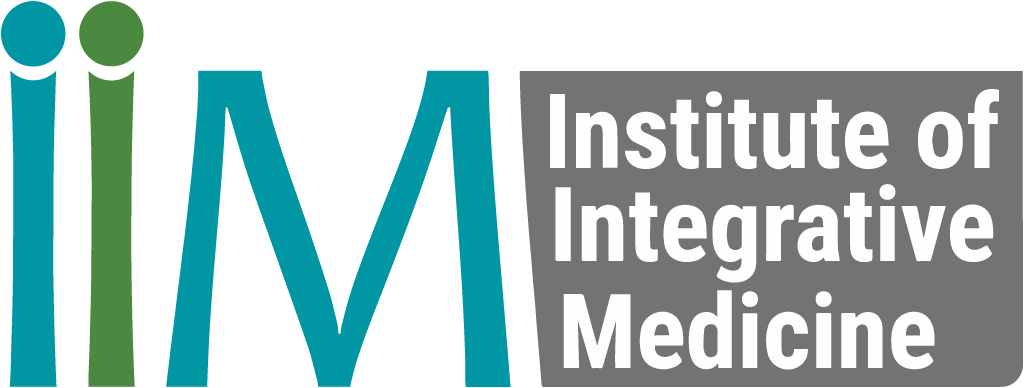Optimising Health – A Deep Dive into Glutathione
Glutathione’s diverse properties position it as a molecule of great interest for overall health promotion. Ongoing research explores its potential in disease prevention and management. Maintaining optimal glutathione levels through diet, lifestyle changes, and potential supplementation, when appropriate, offers a promising approach to support longevity and potentially reduce disease risk. Medical professionals staying informed about the latest glutathione research can integrate this knowledge into comprehensive treatment plans, empowering patients with optimised health options.
Glutathione, a multifaceted molecule, exemplifies the potential synergy between conventional medicine and natural approaches to health. It is one of the most crucial antioxidants in the body, with dysfunction in its homeostasis being linked to multiple diseases, including cancer. We delve into the latest research on glutathione, exploring its vital functions, potential for therapeutic manipulation, and dietary influences.
The Powerhouse Antioxidant: What is Glutathione?

Glutathione stands out as a cornerstone antioxidant within the human body. This tripeptide, composed of glycine, cysteine, and glutamate, protects cells from damage caused by free radicals – reactive molecules that wreak havoc on cellular integrity. It has this protective potential only in its reduced form known as GSH. The thiol (-SH) functional group in GSH acts as an electron donor, neutralising these free radicals and mitigating their destructive potential.
Beyond its direct antioxidant potential, GSH plays a pivotal role in enzymatic detoxification pathways. By virtue of its thiol group (-SH), GSH readily participates in thiol-disulfide exchange reactions. This unique ability allows GSH to maintain optimal protein structure and function by regulating the cellular redox state.
Unfortunately, research suggests a relentless decline in glutathione levels as we age. This decline has been implicated in various pathologies, including:
- Cardiovascular disease
- Cancer
- Neurodegenerative disorders
Strategies to Boost Glutathione: A Multifaceted Approach
Understanding the factors impacting glutathione is crucial for mitigating its depletion. Here are some promising strategies:

- Direct GSH Administration: While this approach holds promise, further research is needed to determine its efficacy and safety.
- Oral GSH supplementation
- Liposomal GSH
- Sublingual GSH administration
- Glutathione IV therapy
- Precursor Supplementation: Providing precursors like N-acetylcysteine (NAC) can enhance GSH synthesis within the body.
- Dietary Modulation: Consuming specific foods known to stimulate GSH production offers a natural approach to boosting glutathione levels.
Optimising Glutathione Synthesis: Unveiling the Cellular Machinery
GSH synthesis is a two-step enzymatic process meticulously orchestrated by gamma-glutamylcysteine synthase and glutathione synthase. Interestingly, the unique peptide bond formed during this process renders GSH resistant to degradation by most cellular peptidases, highlighting its critical role in cellular physiology.
Glutathione’s Multifaceted Roles: From Detoxification to Disease Mitigation
The spectrum of GSH’s functions extends far beyond antioxidant defence and detoxification. It serves as a crucial substrate for glutathione peroxidase, an enzyme responsible for detoxifying hydrogen peroxide, a potentially harmful molecule. Remember, selenium is an important cofactor required for glutathione peroxidase. Additionally, GSH directly interacts with various free radicals, including hydroxyl and peroxynitrite radicals, further safeguarding cellular integrity. To get an in-depth view of glutathione’s vital functions in the body, take a look at Module 6 – Detoxification in the IHP Program.
Balance GSH Levels for Optimal Health
A number of intracellular processes require glutathione. Deficiencies in GSH may have serious health consequences. Many conditions have been linked to a GSH deficiency, including:
- Mental health disorders
- Lupus
- Alzheimer’s disease
- Parkinson’s disease
- Diabetes
- Hypertension
- Multiple sclerosis
While GSH deficiency has been linked to various pathologies, a recent paradigm shift has emerged. Elevated GSH levels within tumour cells suggest a potential role in cancer progression and chemotherapeutic resistance. The use of GSH may be beneficial overall; however, it is important to understand the context of the pathology before deciding how to proceed. This underscores the importance of achieving optimal, balanced GSH levels rather than simply maximising them.
Dietary Strategies to Enhance GSH Production
Although GSH itself isn’t readily absorbed from dietary sources, several food components can stimulate its endogenous production. Here are some dietary components to stimulate GSH:

- Steamed broccoli
- Green tea
- Pomegranate juice
- Kale
- Asparagus
- Avocado
- Spinach
- Green beans
- Cauliflower
The Future of Glutathione Research: Unveiling Therapeutic Potential
As research delves deeper into the intricacies of GSH, its therapeutic potential continues to unfold. Future directions may involve targeted modulation of GSH levels for the management of various diseases. However, a nuanced understanding of the context-dependent effects of GSH manipulation is paramount.
Conclusion
Glutathione’s multifaceted functionality positions it as a molecule of significant interest in promoting overall health and well-being. While research is ongoing to fully understand the extent of its potential in disease prevention and management, maintaining optimal glutathione levels through a combination of dietary strategies, lifestyle modifications, and when appropriate, in consultation with a healthcare provider, potential supplementation, offers a compelling approach to support longevity and potentially mitigate disease risk. Staying informed about the latest scientific advancements in glutathione research is crucial for healthcare practitioners to integrate this knowledge into a comprehensive treatment plan, empowering patients with the most up-to-date options to optimise their health.
How do I Become a Functional Medicine Practitioner to learn more about Health Optimisation?

The Institute of Integrative Medicine is a global leader in the field of Integrative Medicine Education. Integrative medicine aims to be at the forefront of modern technology and new discoveries and focuses on the root cause of disease. While conventional medicine excels at addressing acute conditions, integrative medicine offers a comprehensive approach to chronic disease prevention and management. Deepening your understanding of functional molecules like glutathione empowers you to explore its potential as a therapeutic tool. This knowledge can be seamlessly integrated into your existing practice, allowing you to craft personalised treatment plans that optimise patient well-being and potentially reduce the burden of chronic disease. We offer certified online courses helping you to take charge of your practice and improve the quality of life for your patients. Find out more about the courses we offer today!

